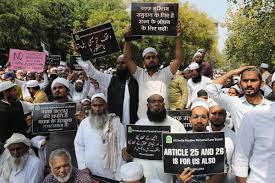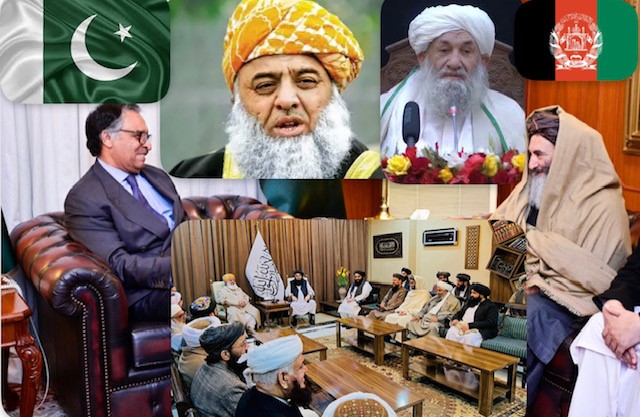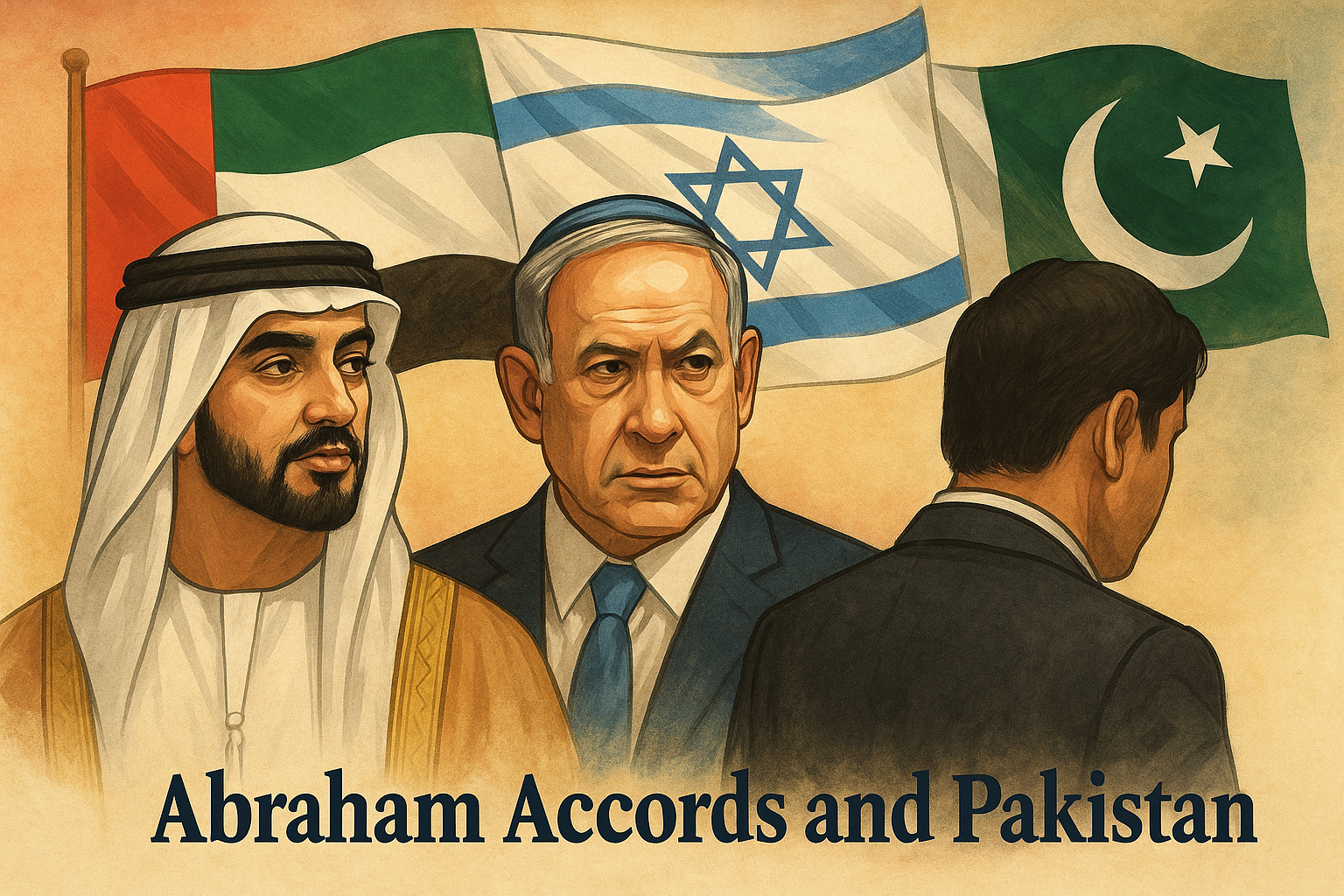Muhammad Atta Ullah Khan

The Indian Parliament has passed a bill introducing sweeping changes to laws governing Islamic charitable assets, triggering sharp opposition and accusations of state overreach. These assets, known as waqf, refer to properties donated for religious or charitable purposes under Islamic law. Once declared waqf, ownership is transferred from the individual to Allah, making the property inalienable and managed by trustees for the benefit of the community.
The newly passed Waqf (Amendment) Bill, 2024 allows the inclusion of two non-Muslim members on waqf boards and enables state governments to nominate members, including non-Muslim MPs, judges, and “eminent persons.” This amendment has sparked widespread unrest across various Indian states, as many Muslims view it as the most controversial attempt yet to alter the governance of waqf properties—assets worth billions of dollars donated over centuries.
Under traditional Islamic practice, waqf properties are used for purposes such as mosques, madrassas, graveyards, and orphanages, and cannot be sold or repurposed. Prior to this bill, these properties were governed by the Waqf Act, 1995, which mandated state-level boards composed of government nominees, Muslim lawmakers, legal experts, Islamic scholars, and waqf property managers.
Indian Government’s Stance
The Indian government argues that the new bill will modernize waqf administration, reduce legal loopholes, and ensure transparency. Prime Minister Narendra Modi called the legislation a “watershed moment in our collective quest for socio-economic justice, transparency, and inclusive growth.” The BJP-led administration maintains that these reforms are essential for addressing bureaucratic inefficiencies and reducing land encroachments.
Opposition Reaction
Opposition parties, including the Indian National Congress, have fiercely condemned the bill. They accuse the BJP of targeting minorities and undermining constitutional protections. Congress President Mallikarjun Kharge noted that although 288 members voted for the bill in the lower house, 232 opposed it. Rahul Gandhi described the legislation as “a weapon aimed at marginalising Muslims and usurping their personal laws and property rights,” warning that it could set a precedent to target other communities.
Response from Indian Muslims
The All India Muslim Personal Law Board (AIMPLB) denounced the bill as “discriminatory, communally motivated, and a blatant infringement on the constitutional rights of Muslim citizens.” Prominent Muslim lawmaker Asaduddin Owaisi, President of the All India Majlis-e-Ittehadul Muslimeen (AIMIM), has challenged the law in the Supreme Court.
Protests have erupted across Indian states, particularly in West Bengal’s Murshidabad, where three people were killed and over 150 arrested. In areas like Suti, Samserganj, and Jangipur, violent demonstrations have resulted in the torching of police vehicles and attacks on government property, including the office of Trinamool Congress MP Khalilur Rehman. Hindu leaders in Bengal have alleged that over 400 Hindu families have fled due to fears of retaliatory violence.
The Real Agenda?
Critics argue that the BJP’s consistent marginalization of minorities—especially Muslims—is a calculated strategy to consolidate Hindu nationalist support. From the demolition of the Babri Mosque to increasing claims over historic Islamic sites by Hindu extremists, a pattern is emerging. Many view the Waqf Bill as another step in the ongoing “Hinduisation” of India.
Muslims, India’s largest minority (around 14% of the population), fear the new law will allow the Hindu nationalist government to tighten control over their religious and community properties. This comes amid rising Islamophobic rhetoric and aggression, including attacks on dietary habits, religious attire, and interfaith marriages.
International Reaction
The Indian American Muslim Council (IAMC) has raised alarms, calling the bill part of a dangerous trend of institutional discrimination under the Modi government. European Muslim organizations have criticized India for hypocrisy—while it condemns Pakistan at forums like the UN Human Rights Council (UNHRC), it simultaneously violates minority rights at home.
Major international media outlets have also criticized the Indian government’s stance, warning that it undermines democratic principles and violates international norms. However, the response from the Organization of Islamic Cooperation (OIC) member states has been largely muted.
An Escalating Situation
Tensions are rising not only among Muslims but across other minority communities, including Christians and dissenting Hindu groups. Some Indian Hindus now express concern that BJP policies are dismantling the nation’s social fabric. Though it may be labeled an “internal matter,” the reality is that such policies threaten millions of Indian citizens’ fundamental rights.
In Pakistan, where religious sentiments run high, there’s a risk that this controversy may provoke reactions against Hindu temples or communities, especially if religio-political parties exploit the situation.
RECOMMENDATIONS
The unfolding situation in India demands that member countries of OIC shall prevail upon Indian government to withdraw the controversial Bill. Pakistan government shall approach UNHRC, Arab League and other brotherly Muslim countries to use their influence upon India to avoid usurping rights of Muslim and shall allow them to run their own worship places and endowments under the laws already in place in India. The Arab countries shall specifically be briefed about the mala fide intentions of Mr. Modi and he may be reminded
that very recently the leading Arab countries have allowed Hindus to open Temples in their countries where they are free to run affairs of these Temples. Although there are slim chances that Modi will listen to such voices, but, at least the true face of so called “Indian democracy ” shall be exposed.
The author is former Joint Director General, Intelligence Bureau, Govt of Pakistan



